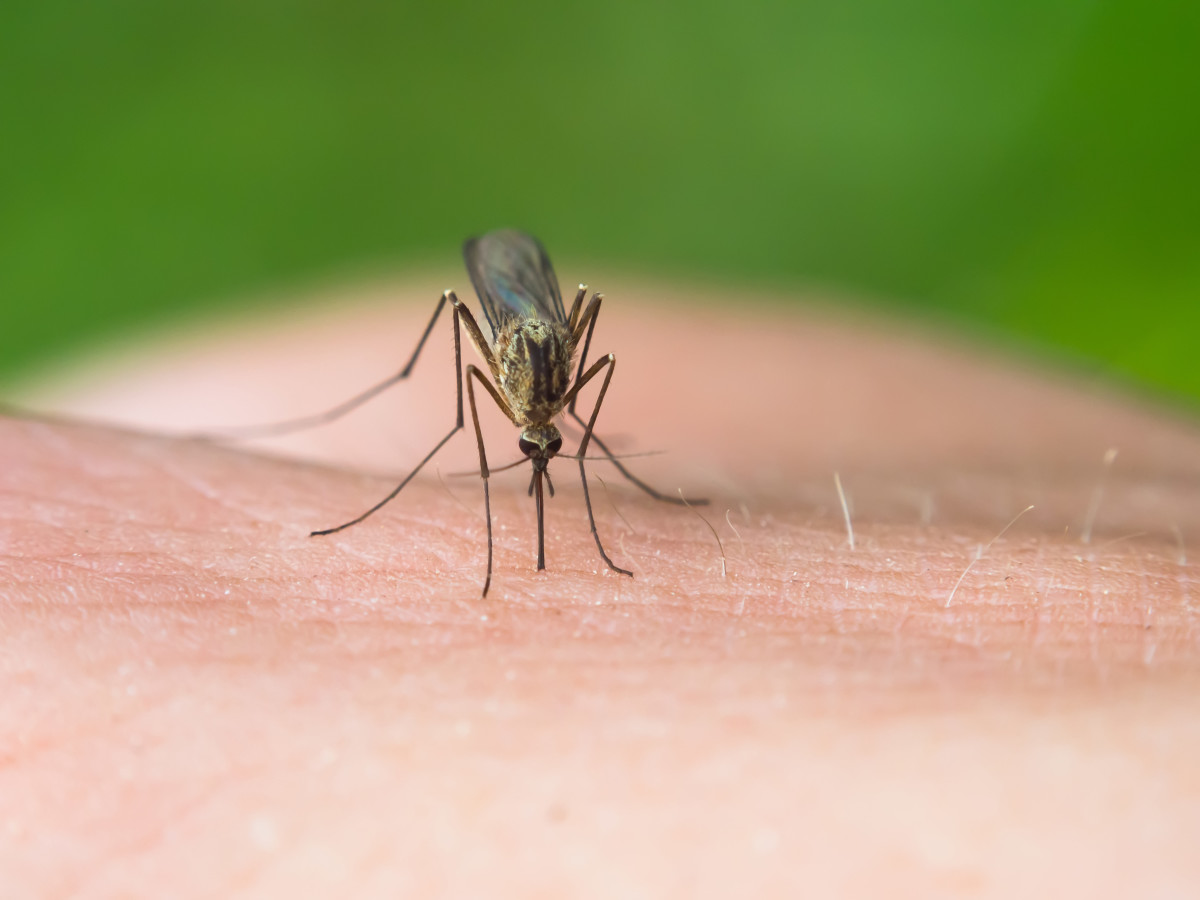The Ultimate Guide to Managing High Liver Enzymes
High liver enzymes can be a cause for concern, but with the right approach, it is possible to manage them and support overall liver health. A balanced diet is key to managing high liver enzymes, as it can prevent further damage to the liver, promote liver regeneration, and aid in the recovery of liver function. In this guide, we will explore some of the essential tips for navigating a weekly paper.
1. Focus on Consuming a Balanced Diet
A well-rounded diet rich in essential nutrients can play a significant role in managing high liver enzymes. Consume small, frequent meals that are easy to digest and select protein sources with high biological value from animal products and easily absorbable fats from plant sources. Limit intake of animal fats, trans fats, and foods that may cause allergies or adverse reactions.
2. Consult a Healthcare Professional
It is crucial to consult with a healthcare professional for proper diagnosis and treatment of high liver enzymes. A hepatobiliary pancreas specialist can provide personalized guidance on nutrient intake based on individual needs and tolerance. Regular monitoring of nutrient intake based on the progression of the disease is also important for optimal outcomes.
3. Incorporate Natural Supplements
Natural supplements like S. Marianum and Wasabia can help control inflammation, improve detoxification, and lower liver enzymes in conditions like hepatitis, cirrhosis, fatty liver, and liver cancer. However, it is important to consult with a healthcare professional before taking any supplements to ensure they are safe and effective for your individual needs.
4. Stay Hydrated and Consume Nutrient-Dense Foods
Hydration is key to supporting overall health and managing high liver enzymes. Consume nutrient-dense foods like vitamin C-rich fruits and vegetables, folate-rich leafy greens and legumes, B vitamins found in whole grains and lean proteins, minerals such as zinc found in nuts and seeds


